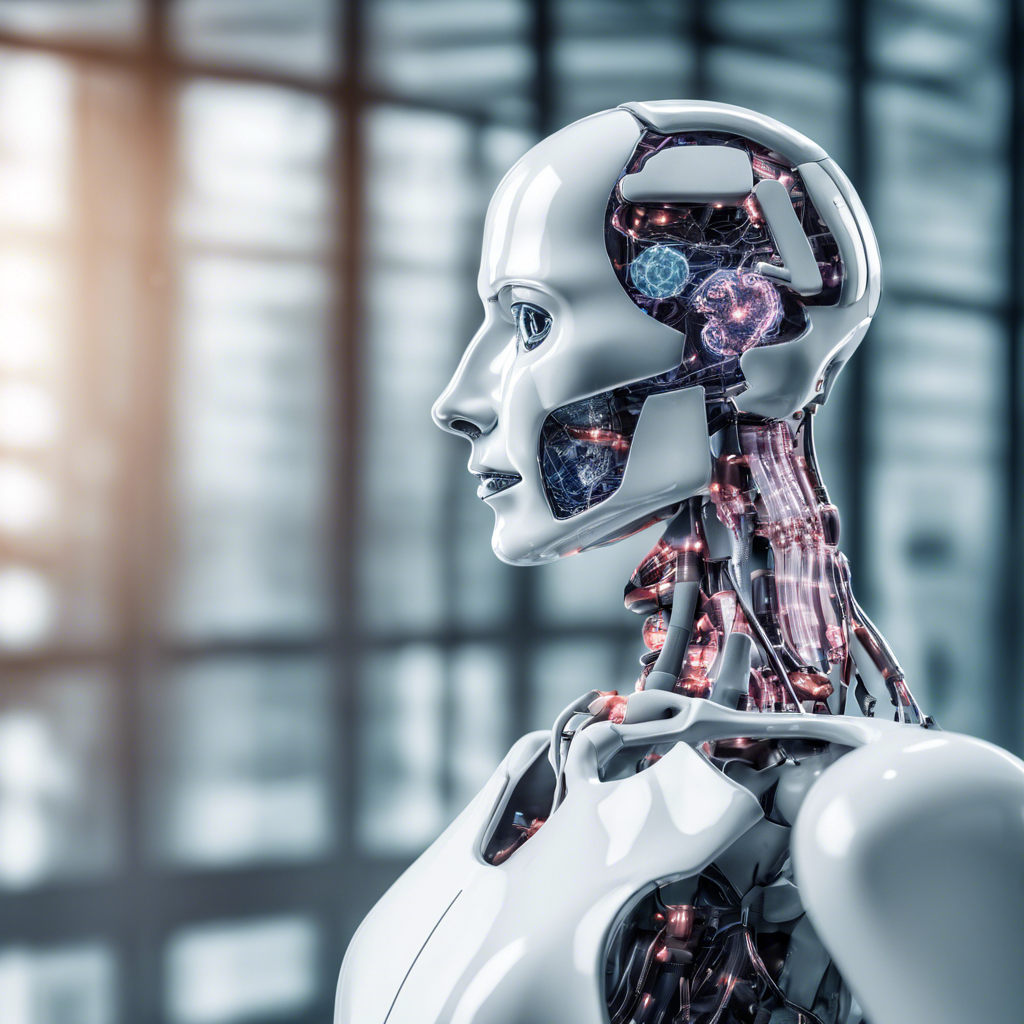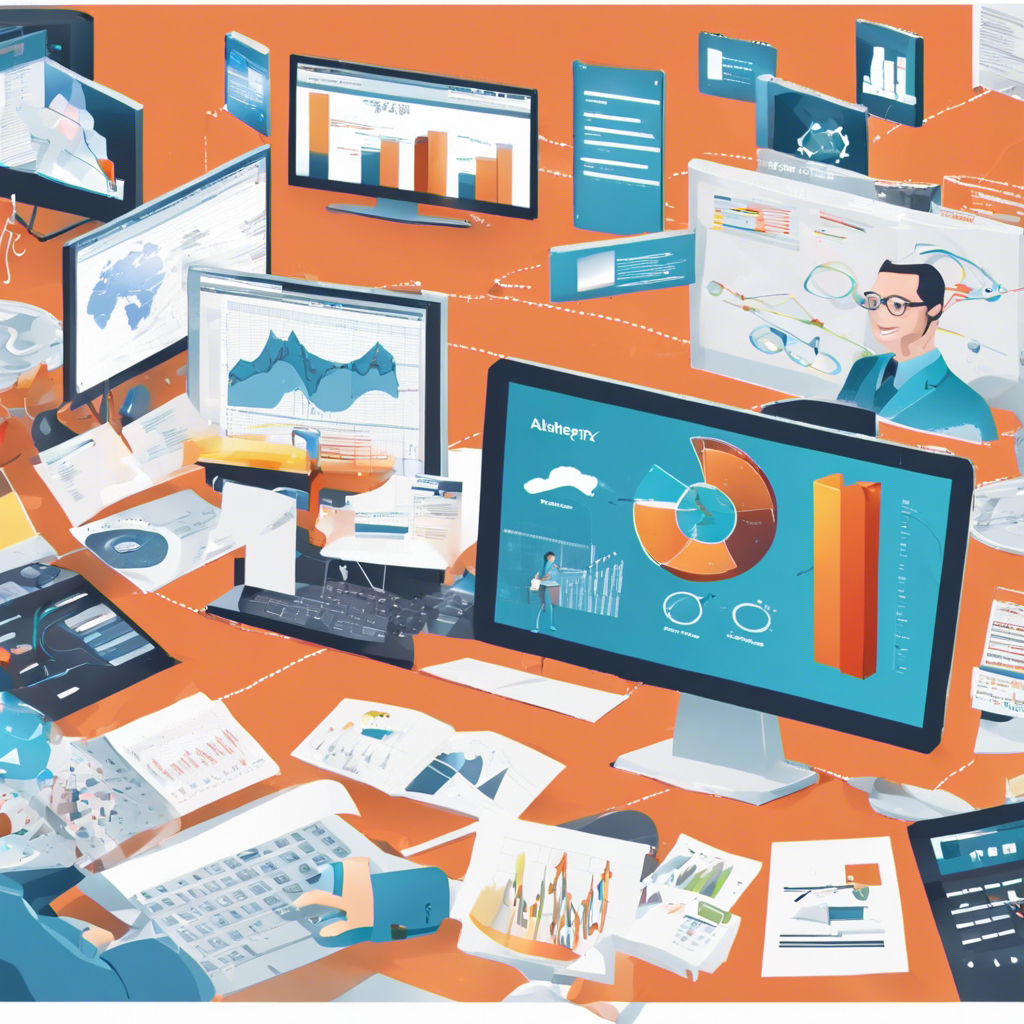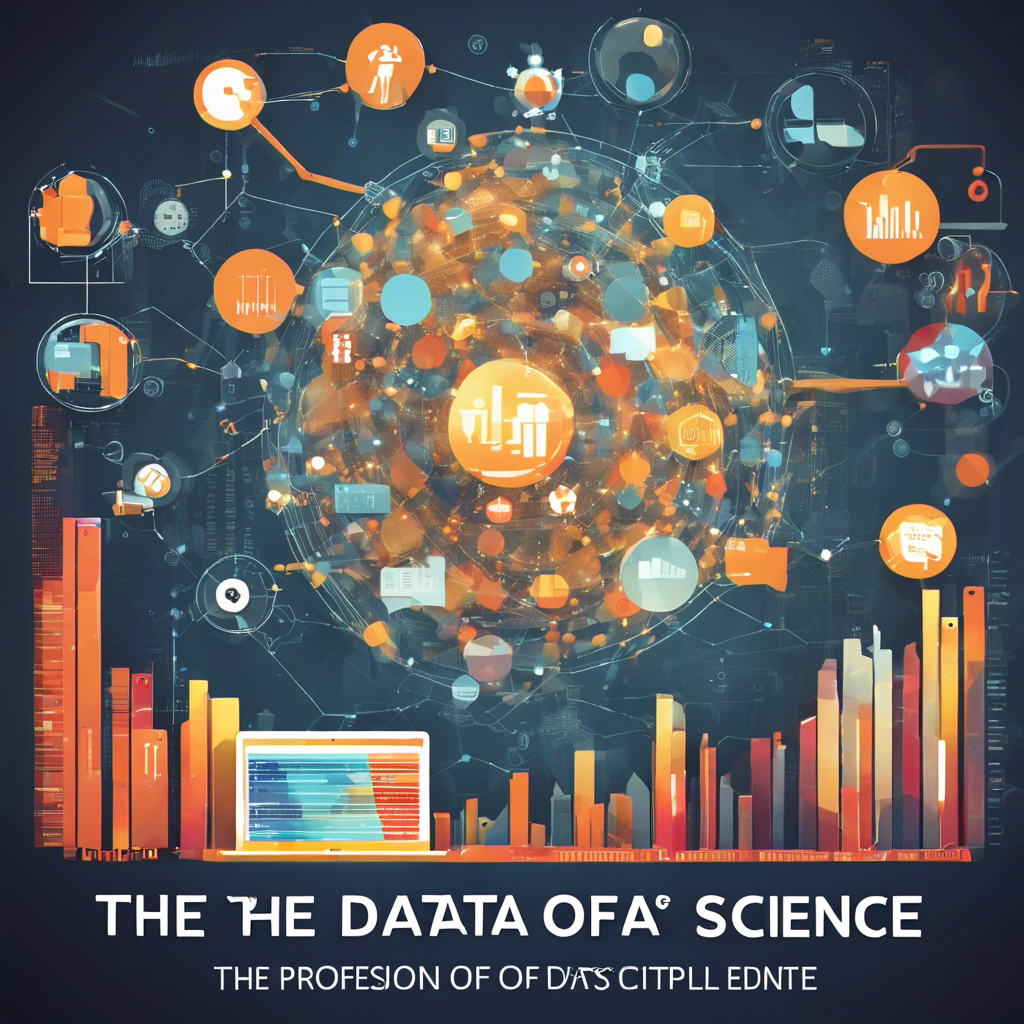How AI is Revolutionizing the Medical Field
In recent years, artificial intelligence (AI) has emerged as a powerful tool in various industries, and healthcare is no exception. From diagnosing diseases to assisting in surgeries, AI has the potential to transform the way we approach healthcare. This article explores the rise of AI in the medical field, examining its applications, benefits, and potential challenges.
1: AI in Diagnostics: Enhancing Accuracy and Efficiency
AI algorithms have shown remarkable accuracy in diagnosing diseases, often outperforming human doctors. Machine learning models can analyze vast amounts of medical data, including patient records, lab results, and imaging scans, to identify patterns and make predictions. This can lead to earlier detection of diseases, more accurate diagnoses, and personalized treatment plans. For example, AI-powered algorithms have been developed to detect early signs of cancer, enabling timely intervention and potentially saving lives.
2: AI-assisted Surgeries: Precision and Safety
AI is also making its mark in the operating room. Surgeons are increasingly using robotic systems powered by AI to perform complex procedures with greater precision and safety. These systems can analyze real-time data, such as heart rate and blood pressure, and provide surgeons with valuable insights during surgery. Additionally, AI can assist in planning surgeries by simulating the procedure beforehand, reducing the risk of complications and improving patient outcomes.
3: Drug Discovery and Development: Accelerating Innovation
The traditional process of developing new drugs is time-consuming and costly. AI is revolutionizing this process by analyzing vast amounts of data to identify potential drug candidates and predict their efficacy. Machine learning algorithms can sift through millions of chemical compounds and predict their interactions with target proteins, significantly speeding up the drug discovery process. This has the potential to bring life-saving medications to market faster and at a lower cost.
4: AI-enabled Remote Monitoring: Improving Patient Care
AI-powered remote monitoring devices are transforming the way patients are cared for, especially those with chronic conditions. These devices can collect real-time data on vital signs, activity levels, and medication adherence, enabling healthcare providers to monitor patients remotely and intervene when necessary. This not only improves patient outcomes but also reduces the burden on healthcare systems by preventing unnecessary hospital visits.
5: Ethical Considerations and Challenges
While the potential of AI in healthcare is vast, it also raises important ethical considerations. Issues such as data privacy, algorithm bias, and the role of AI in decision-making need to be carefully addressed. Additionally, there are concerns about the potential job displacement of healthcare professionals as AI takes on more tasks previously performed by humans. Striking the right balance between human expertise and AI capabilities is crucial to ensure the responsible and effective use of this technology.
Conclusion:
The rise of artificial intelligence in healthcare holds immense promise for improving patient care, enhancing diagnostic accuracy, and accelerating medical innovation. From diagnosing diseases to assisting in surgeries and drug discovery, AI is transforming the medical field in unprecedented ways. However, ethical considerations and challenges must be carefully addressed to ensure the responsible integration of AI into healthcare systems. As AI continues to evolve, its potential to revolutionize healthcare remains a topic of great interest and debate.











